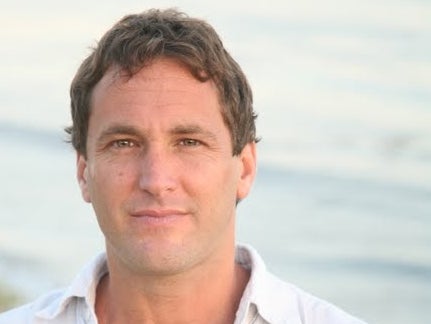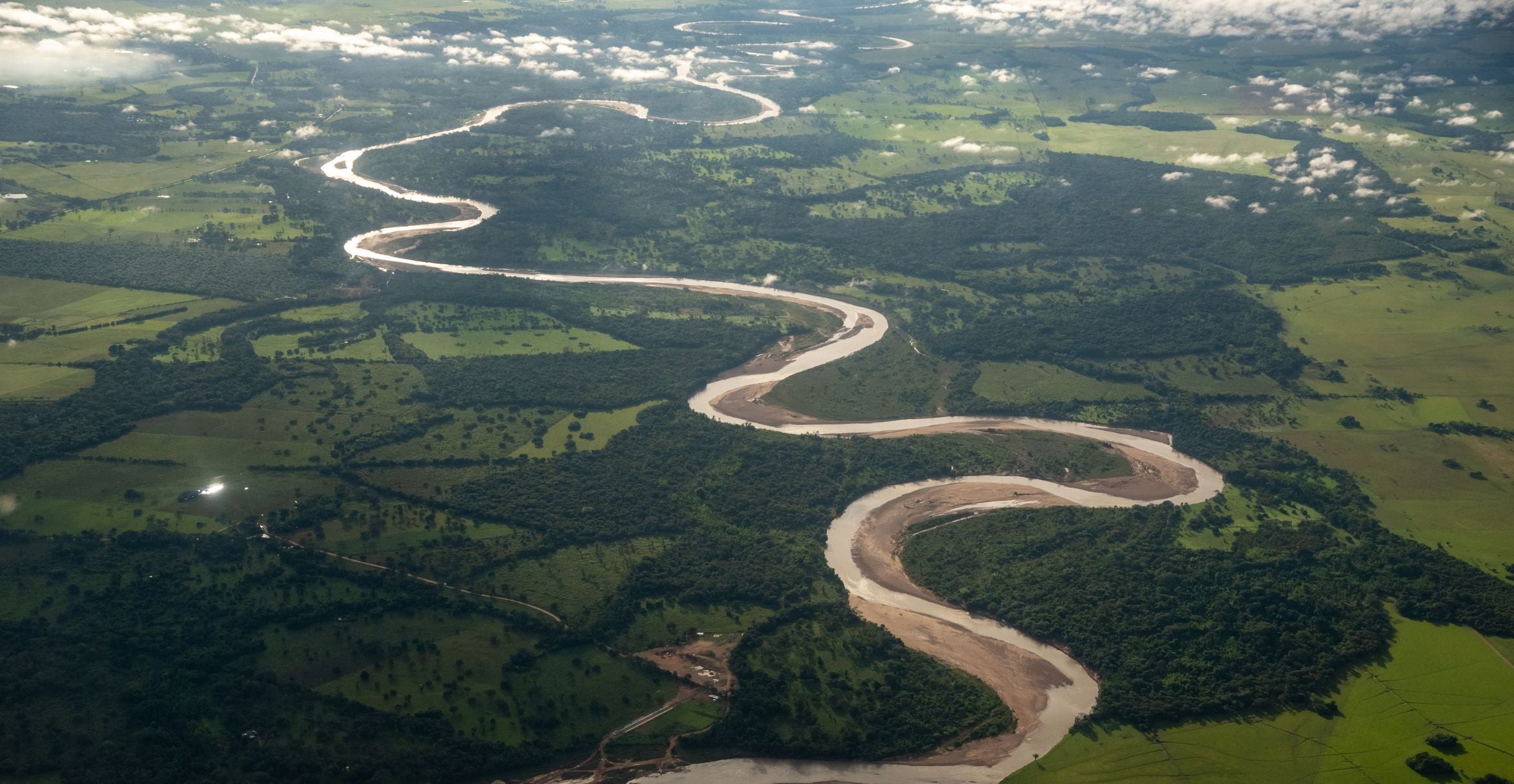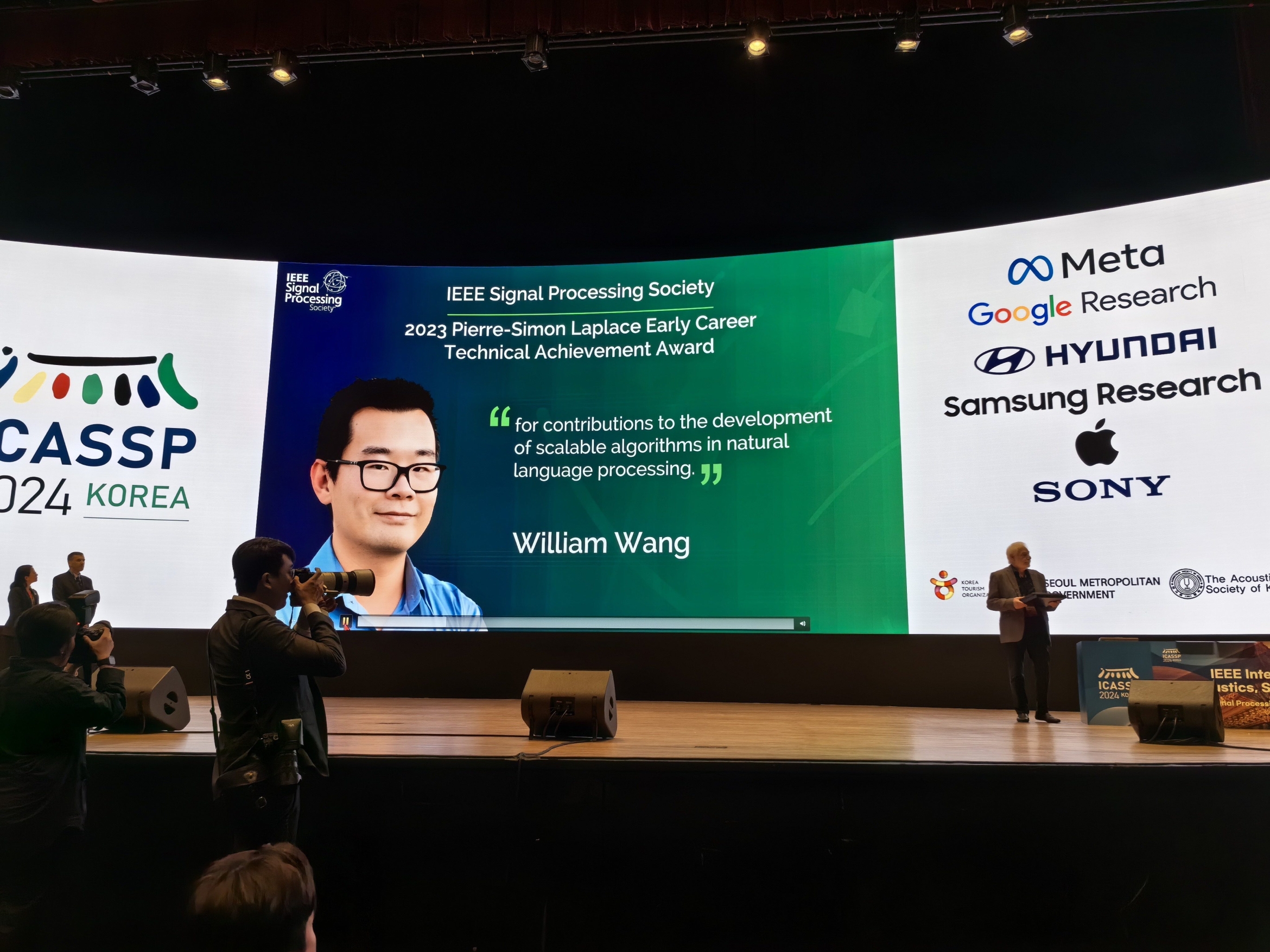
For the Health of the Planet

Planetary health — the Earth’s ability to regenerate and sustain life — is under increasing pressure. Human population growth and activity increases as the climate changes and the environment bears the impact, resulting in reduced species diversity, emerging disease and diminishing supplies of available food and potable water.
All these conditions add up to worrisome challenges, said geography professor David López-Carr, co-director of the newly established Center of Expertise on Planetary Health, which is part of a systemwide initiative called the UC Global Health Institute (UCGHI). López-Carr and Woutrina Smith, an associate professor of infectious disease epidemiology at UC Davis, will lead the charge on investigating and initiating responses to such challenges, which result from both longstanding and emerging conditions such as pollution, environmental and climate imbalance and their links to malnutrition and chronic and infectious disease.
“UCSB will play a leading part in the Center of Excellence’s research activities,” said López-Carr, who characterized the campus’s environmental studies and geography departments as world leaders in environmental change research “I believe the UCSB campus is well suited for this role.”
For instance, the expertise of the Climate Hazards Group in monitoring environmental factors that can lead to large-scale events such as flood and famine have resulted in early climate impact warnings. Additionally, social scientists supported by the campus-based Broom Center for Demography investigate human interactions with the environment within several interrelated themes, including population-environment interactions, and biodemography and evolution. Meanwhile, the Bren School of Environmental Science & Management integrates science, business, law, economics and policy in its approach to environmental problem solving, while the campus’s California NanoSystems Institute specializes in research into nanomaterials and their potential solutions to global health problems.
According to López-Carr, while much of the work being done across the UC system already fits the new Center of Expertise’s mission, aligning efforts from all 10 campuses and three national laboratories could result in solutions that effectively address large-scale planetary health problems.
“We really hope to bring people together from different campuses and different disciplines to develop proposals and conduct research that is bigger than the sum of its parts and that would not be possible without our working together,” he said.
To that end, three main working groups are proposed to address the major issues of global mortality: infectious diseases, food and nutrition, and environmental exposure-related diseases. These themes will be led in research and outreach by the expertise of UC Davis in the field of infectious disease and agriculture, and UC Santa Barbara’s strengths in food security and climate and environmental change. The working groups, López-Carr said, will leverage ongoing field research to explore potential synergies with environmental and human health-related objectives as set forth by the United Nations’ Sustainable Development Goals, which were established in 2015 to address poverty, inequality, injustice and climate change.
“We aim to guide our research to facilitate policy and application toward meeting and achieving these types of internationally agreed-upon targets,” he said. The National Center for Ecological Analysis and Synthesis, he pointed out, “is an ideal place for our thematic groups to convene in developing new integrative research under the planetary health umbrella.”
“We also hope to develop classroom and field-based undergraduate and graduate courses across campuses that integrate student learning with our research projects,” López-Carr added. Outreach work will include partnerships with institutions and agencies across the globe to reach areas with populations most deeply affected by climate and environmentally induced risks to health.
“I want to thank all our collaborators and UCGHI for their important support and to express my gratitude for being on such a high-quality campus that champions cross-disciplinary collaborations,” López-Carr said.
The UC Global Health Institute was launched in 2009 in an effort to take advantage of the diverse intellectual resources across the UC system to train the next generation of global health leaders and accelerate the discovery and implementation of transformative global health solutions. The Center of Expertise on Planetary Health is UCGHI’s newest collaboration following a competitive call for proposals undertaken in 2015-2016.



